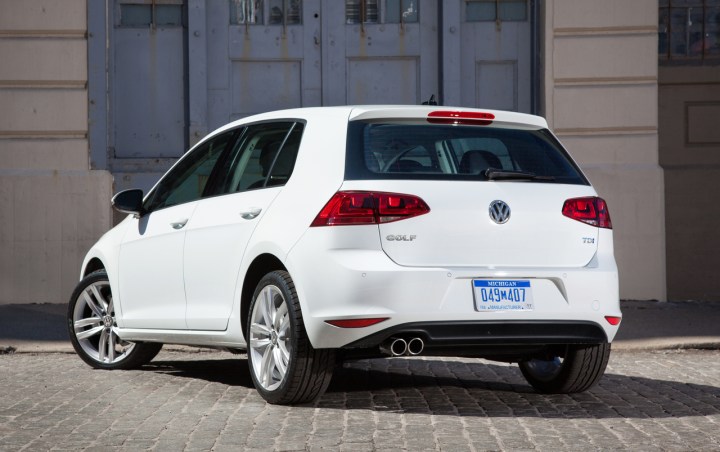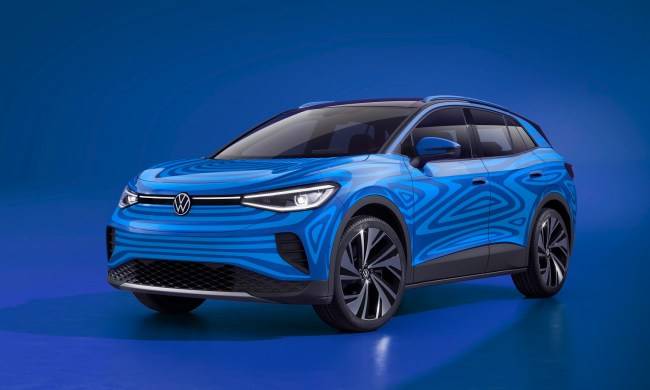
New CEO Matthias Müller said that Volkswagen will tell affected customers in the company days of a plan to “refit” their cars to attain compliance with emissions standards, Reuters reports. The campaign will reportedly cost upwards of $6.5 billion. VW has set aside $7.3 billion to cover all costs related to the scandal.
While no information has been released regarding the 482,000 delinquent TDI models originally confirmed to be on U.S. roads, Volkswagen’s U.K. press office issued a statement saying that consumers will be contacted “in the coming days” about having their cars refitted. It said VW will present “technical solutions and measures” to authorities sometime in October.
VW also set up a website for U.S. customers, but there is no mention of a timeline for the recall so far. A statement in the FAQ section claims that officials “cannot offer a firm date now,” and that any remedy must be reviewed by the government before it can be applied to customers’ cars. So far there’s no indication of what that remedy might be.
While Volkswagen may be able to fix its diesel cars’ emissions problems, that doesn’t mean owners’ worries will end. Many analysts believe VW fitted the cars with “cheating” software to improve fuel economy and performance at the expense of emissions, so altering the cars to comply with emissions standards could negatively affect both. It’s possible VW will have to add the urea injection systems other carmakers are already using to meet U.S. standards.
If Volkswagen really does recall 11 million cars, it will be among the largest recalls by a single automaker in history. It would surpass the roughly 10 million cars recalled by Toyota in 2009 and 2010 over accusations of unintended acceleration, but still be dwarfed by the ongoing Takata airbag recall, which encompasses at least 34 million cars from 11 manufacturers in the U.S.


